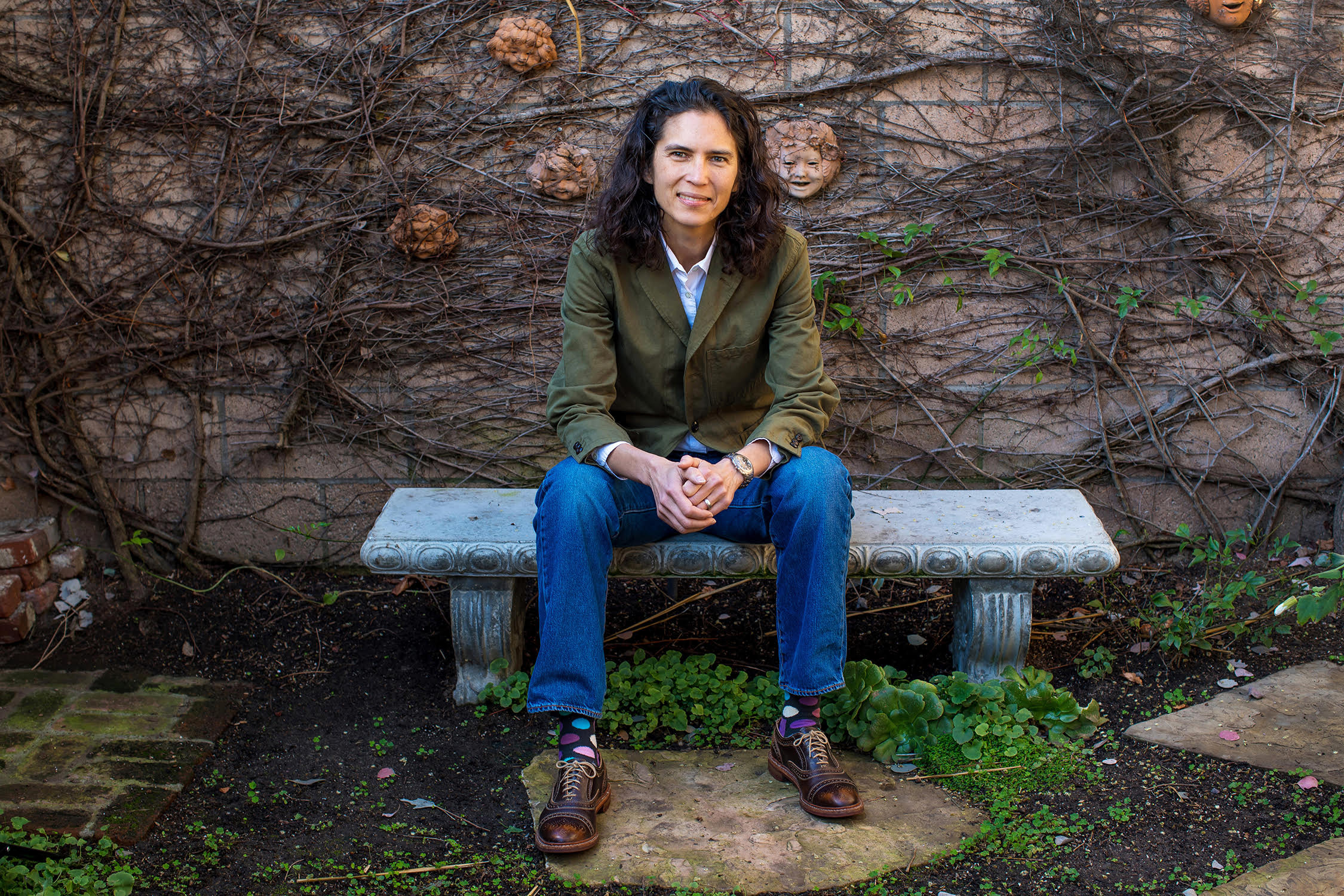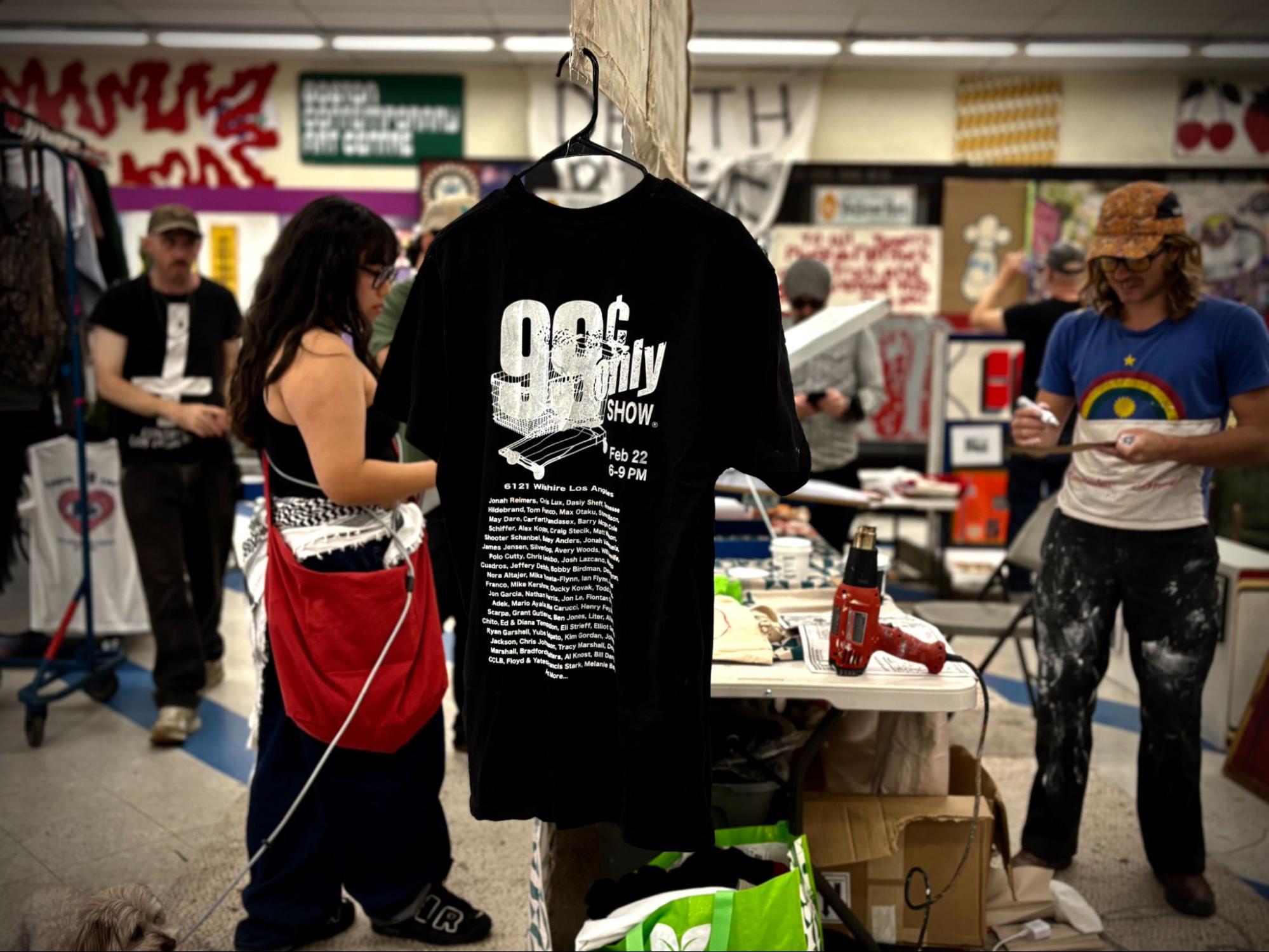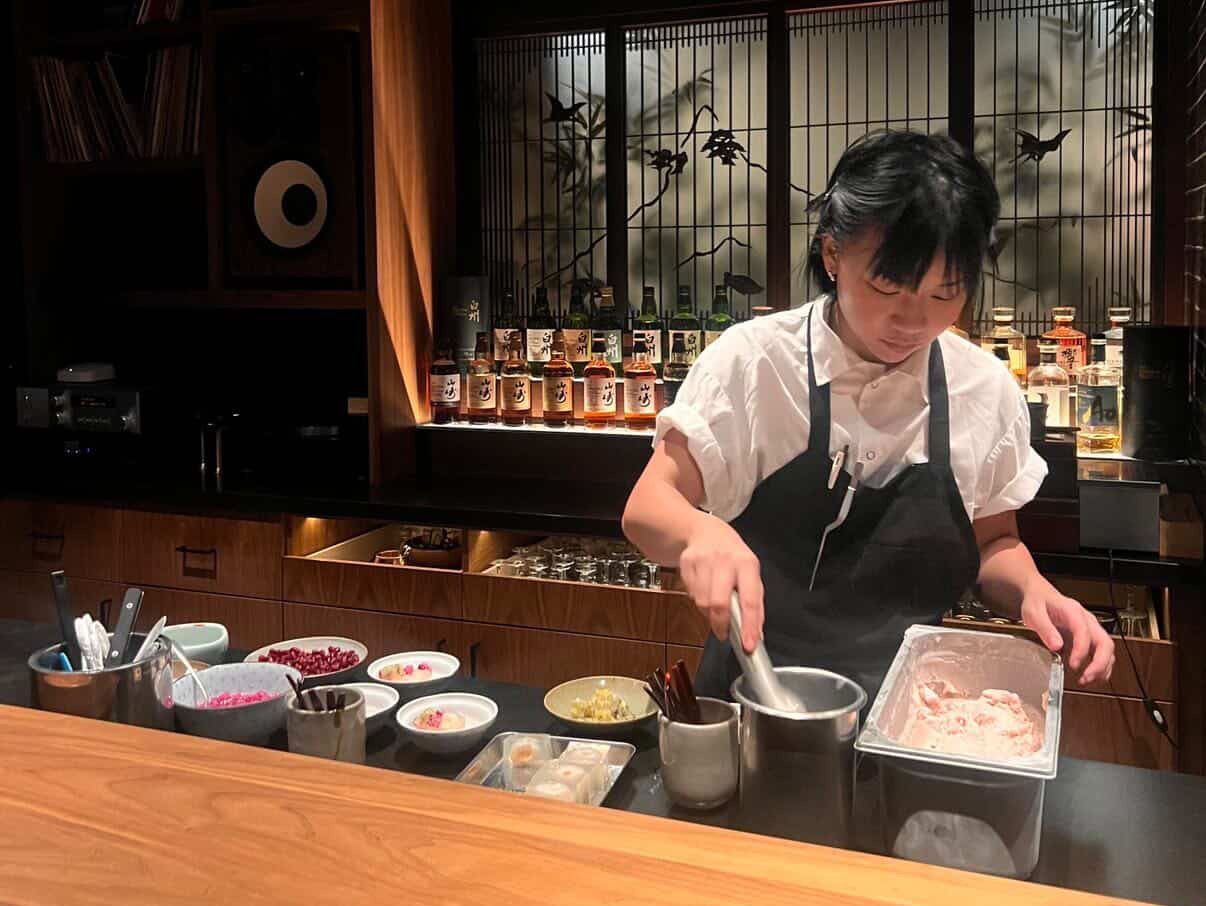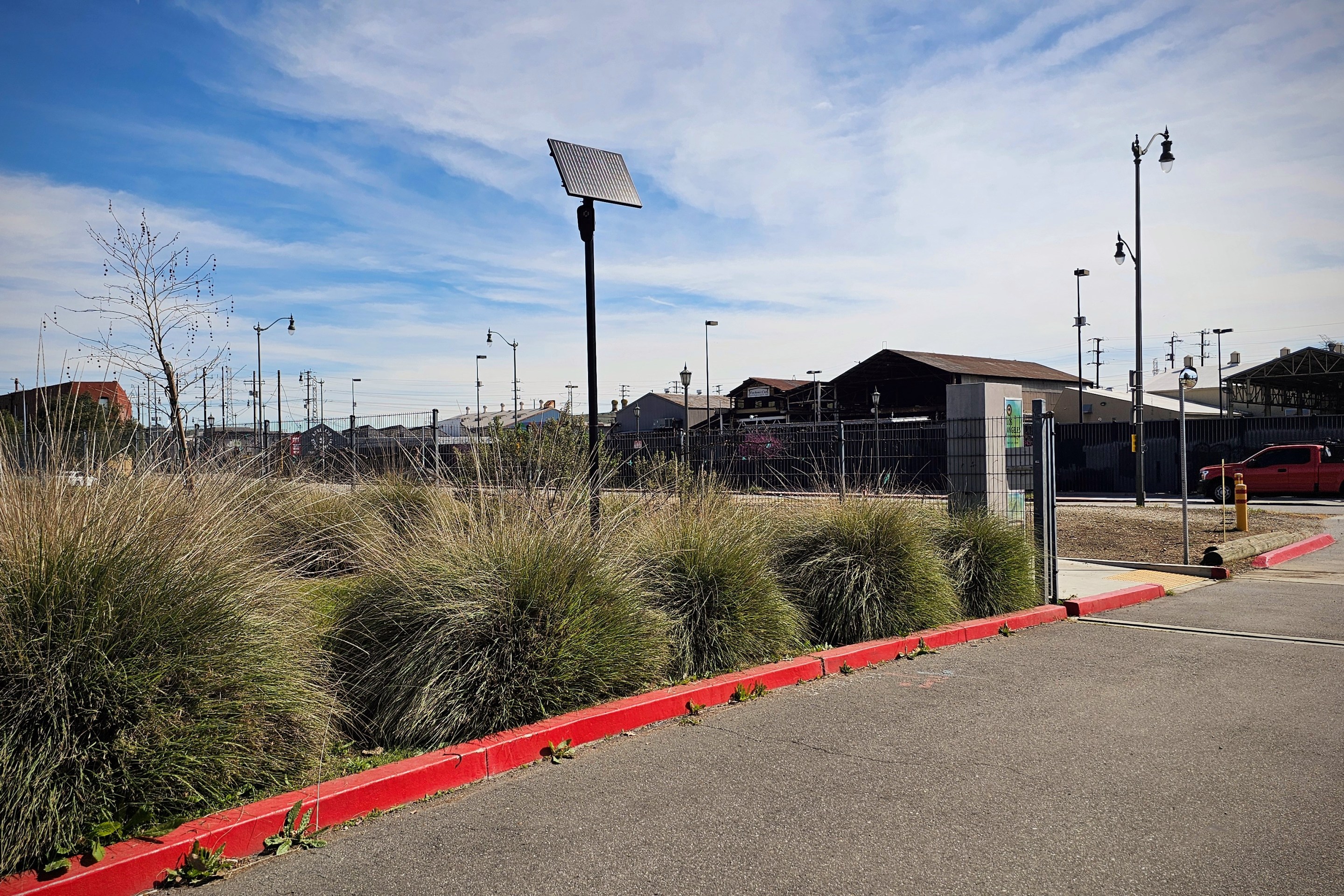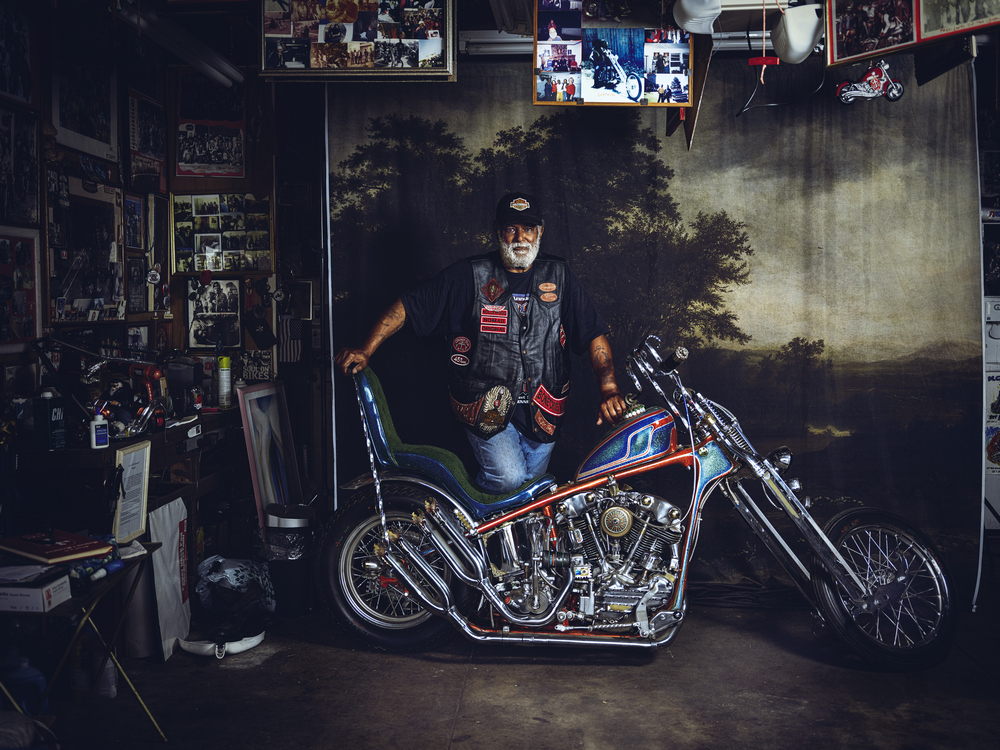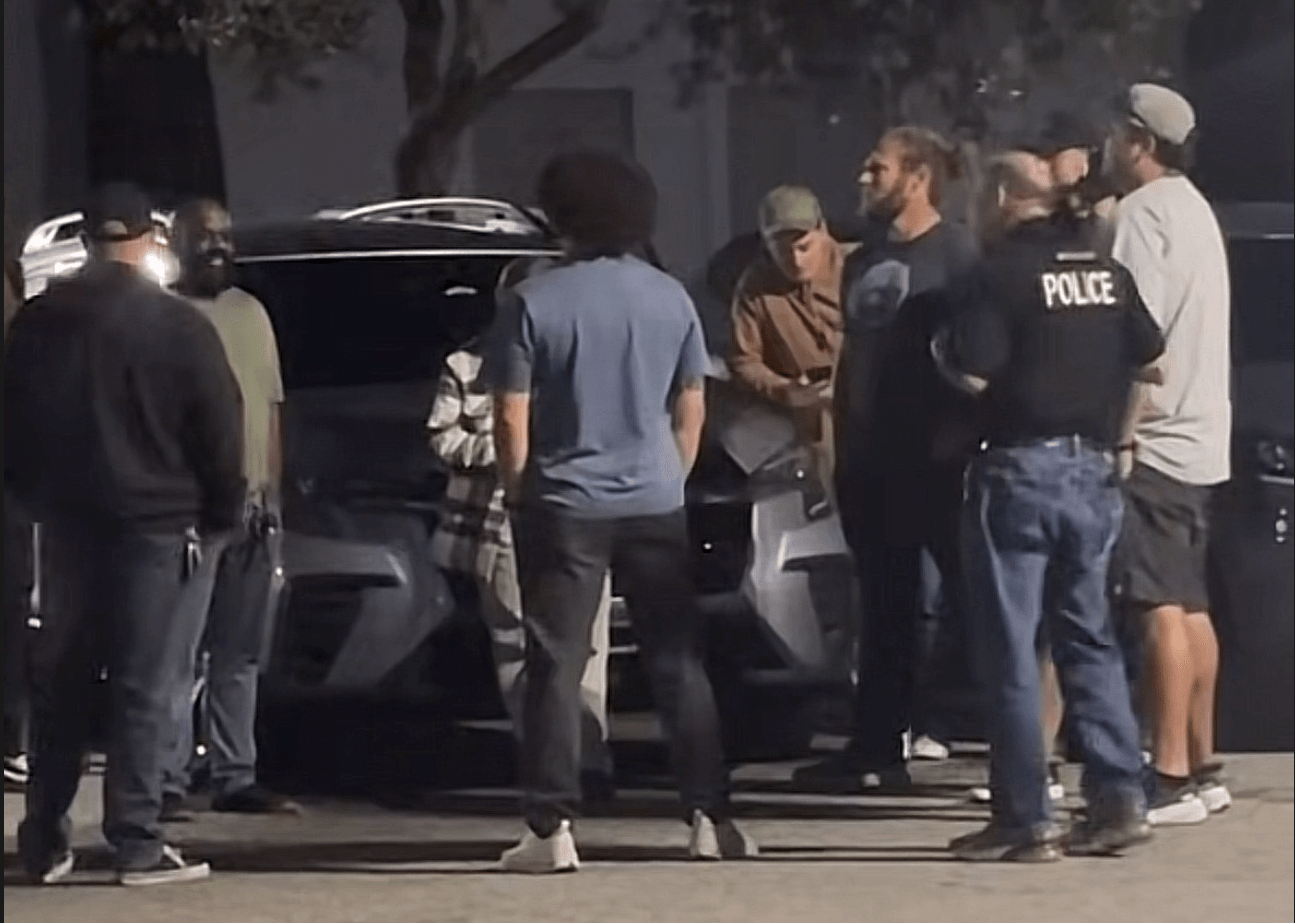[dropcap size=big]R[/dropcap]ick Nagano is thirty-two, broke, and still a student.
The only son of blue-collar Japanese immigrants and USC history doctoral student desperately needs a job to fund his final year of graduate school and finish his dissertation. Life changes for Rick when Mrs. W., a wealthy white woman from one of Los Angeles’s founding families, hires him to transcribe over a thousand pages of her private handwritten journals at her old Bel Air estate. The unwitting student learns tough lessons about power, wealth, class, education, and the seduction of living archives in Nina Revoyr’s new novel, A Student of History.
The Los Angeles-based author’s acclaimed novels have earned literary awards, book prizes, and recognition by O: Oprah Magazine. Even Jay Pritchett can be seen reading Revoyr’s celebrated second novel, Southland, on ABC’s Modern Family. Known for her rich descriptions and spot-on renderings of places, people, and historical eras, Revoyr’s first five novels feature page-turning, engrossing stories about memorable characters in vivid settings, from the rugged Sierra Mountains and central Coast of California to the plains of rural Wisconsin.
Her sixth and latest novel is no exception. It explores the familiar themes of class, race, and the economic contradictions of living in Los Angeles through the eyes of a thirty-something first-generation Japanese American humanities graduate student struggling to find value in his work — a character we don’t meet every day in fiction or elsewhere in popular culture. Revoyr sat with L.A. Taco to chat about her new book, the importance of students and teachers, and her favorite tacos in L.A.
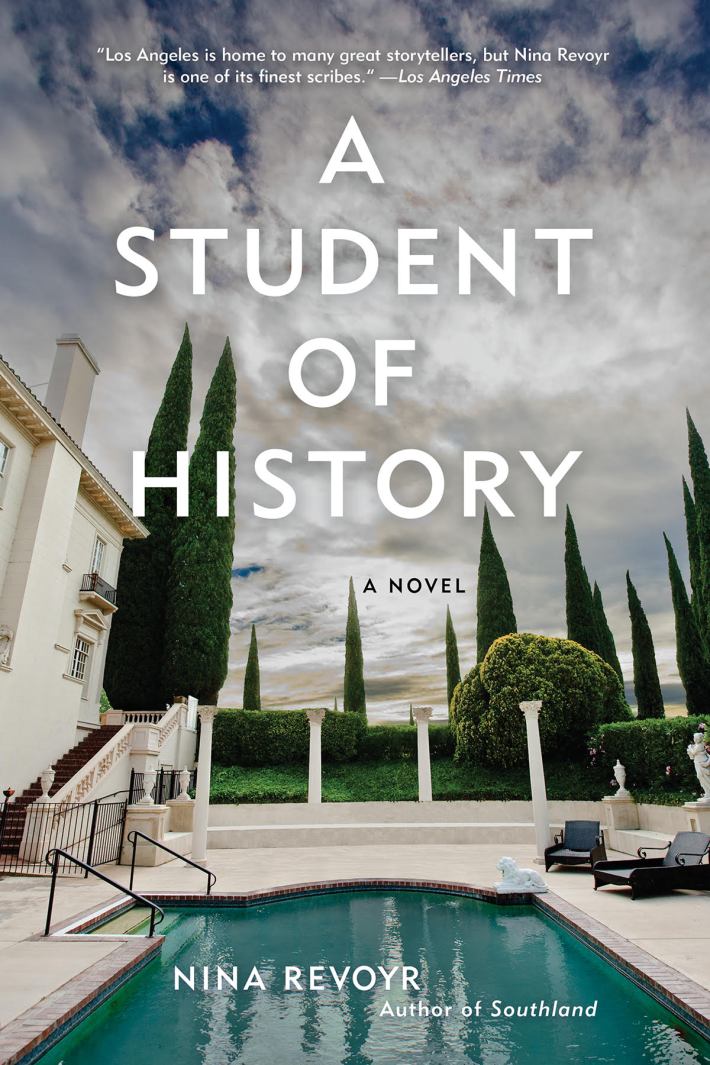
L.A. TACO: You are regarded as a fine homegrown writer. The Los Angeles Times called you a great “chronicler” of our city, while the Los Angeles Review of Books described you as “one of the city’s great storytellers” of Los Angeles. What keeps you writing about L.A.?
NINA REVOYR: It’s my everyday Los Angeles. This is the Los Angeles that I know. It is multiracial, folks busting their butts to make it every day, unexpected and interesting, mingling and clashing with people and cultures, and folks having to be really inventive in how they create themselves and how they get by. It is really interesting to see the wide variety and the swath of humanity in Los Angeles. It’s been important to me to portray characters and places in their beauty [because] these are often people and places who are not ever represented in fiction or media, or when they are, are done so in a really limiting and dismissive way.
TACO: The characters in your books really do represent this vast ‘swath of humanity’ that you describe. In A Student of History, we see a slice of L.A.’s socioeconomic extremes through the eyes of Rick Nagano, this graduate student at USC. What inspired you to write this character?
NR: In the case of this particular book, it was very significant not only that Rick was a graduate student, but that the word “student” is in the title. I was really getting at a couple of things: that we’re always students, we’re always learning, or we should be learning, and that secondly, sometimes the official arbiters and sources of knowledge through school and [the] university are not necessarily the best sources of knowledge. Rick has to get out of the confines of the halls of the academy to actually learn some real stuff, both about his subject, history, and about human dynamics.
RELATED: My Favorite Taco With Carolina Miranda
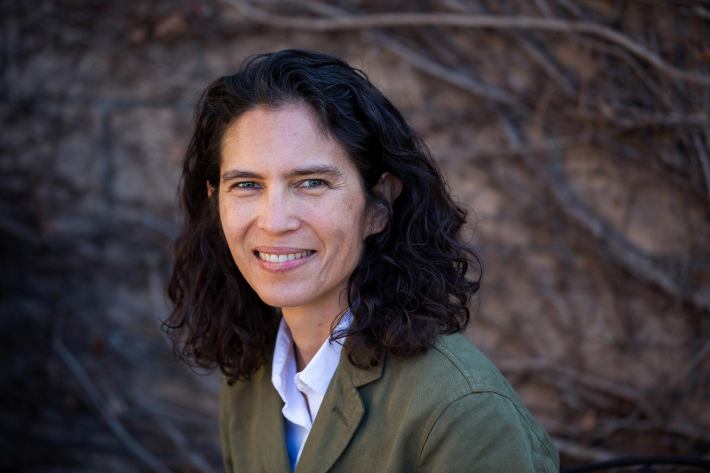
TACO: Rick offers an interesting way to study the contradictions of class ascension or aspiration, and the cultural dissonance that happens sometimes when a working class or blue-collar student from an immigrant background progresses to the highest levels of the US education system.
NR: Rick’s not low income, let’s be clear. He’s lower middle class, blue collar, working class, but he’s not flat-out poor. He’s obviously catapulted beyond his class background. He’s the first in the family to attend college, he went to Stanford, so he is privileged in a way that his family had not been. I say that because I also think we don’t pay enough attention to the truly poor, to the truly low-income folks. But for someone of his class, or for someone who is truly low-income, the challenge is not just a lack of money, it’s a lack of feeling agency and power.
TACO: Rick is definitely seduced—by Mrs. W.’s world, by Fiona [his love interest] and what she represents to him—and at the same time, maybe we understand why: he’s a broke-ass student trying to live in L.A. and pay tuition at USC.
NR: Part of why Rick is seduced by the L.A. wealthy elite is not just that they have money, but they have no doubt about their worth. That’s what he envies. Mrs. W. and Fiona are not sitting around having problems with their self-esteem. He wants that assurance. He wants to feel that he is valuable and important. Of course, he mistakes wealth for that kind of value.
'I had not necessarily been cognizant of having written about students.'
TACO: Rick does get swept up in that rich Bel Air society as Mrs. W.’s attendant. Still, he’s always aware of his place and identifies more with people of color who work as the servers, bartenders, caterers, and cleaners at these things.
NR: I used to have to raise a lot of money. It would not be abnormal for me to spend the day in Watts and in the same day to go a fundraiser in Brentwood or Bel Air, to see the extremes of wealth and poverty in the same day. I now spend time in Seattle, where’s there’s also great wealth and juxtaposition, but folks don’t display it in the same way. In L.A., there is such an investment in the signifiers of wealth: the fancy cars, the big houses, the luncheons, the jewelry. There is much more of this display here, even when one can’t afford it. Rick is doing that aspirational thing.
TACO: I’m struck by all the students we see in your novels, from the high school basketball player in The Necessary Hunger and the aging Japanese silent film actor in The Age of Dreaming to Rick in A Student of History. Why feature students in your books?
NR: I had not necessarily been cognizant of having written about students. I’m very cognizant of having written about teachers. The dad in my first book was a teacher. The mom in Southland is in public education. In Wingshooters, there are teachers who are problematic. In Lost Canyon, the Gwen character, the heart of that book, is a youth counselor. That has been pretty intentional because of the huge role that teachers and mentors have had in my life. I’ve always been conscious of wanting to honor them in my fiction because I don’t think they’re honored enough in life.
TACO: Elsewhere, you’ve discussed the art of writing six novels while holding a full time ‘day job.’ Do you see that changing, either for you or for writers in general?
NR: I went to an MFA program and I taught full time for a couple years after that. I’ve written my books while having a full-time job that’s not in teaching. I think we do artists a disservice when we say, ‘You can only become a writer if you have the luxury to write full-time or have an academic schedule.' That’s just not true. I mean, it’s not easy to do it that way, but it is possible. It’s not ‘all or nothing.’ To tell young graduate students in writing that if you don’t get a teaching job, you can’t be a writer, is just a disservice. It’s a disservice to their writing and it’s a disservice to their ability to make a living.
'My favorite L.A. writer for sure is my wife!'
TACO: I’ve been a fan since I read your first novel in 1998 about the young, not yet out of the closet high school basketball player in love with her best friend. Your second novel won a Lambda Literary Award, though queer themes aren’t as prominent in your last few books. Do you have any plans to return to some of the lesbian or queer themes of your earlier work?
NR: Yes and yes. It’s a more complicated answer than you would think. There’s an apparent move away from queerness, [but] those male protagonists are very much infused with me. In some ways The Age of Dreaming was my most autobiographical novel. In Lost Canyon, the characters I most felt were me were Todd and Oscar, and Gwen was kind of ‘other’ to me. A man I met at book club couldn’t believe a man didn’t write this [new book] because Rick is so believable as a man. Whenever I write female characters, I have to ask my wife! It’s not as simple as ‘oh, there’s a lesbian character’ because I’m these dudes.
TACO: Great answer. To wrap up, tell us your favorite taco in L.A.
NR: One fish and one carnitas taco at Señor Fish in Eagle Rock.
TACO: Your favorite L.A. writer, craft beer, and eating spot?
NR: My favorite L.A. writer for sure is my wife! Angel City IPA is my favorite local beer. And if Locol was still open in Watts, I’d say Locol for my favorite place to eat. I really liked that spot.
RELATED: My Favorite Taco ~ Money Mark, Longtime Beastie Boys Collaborator
